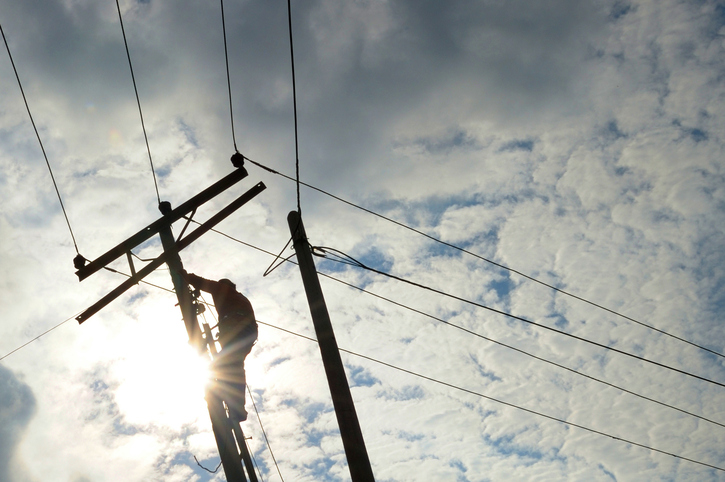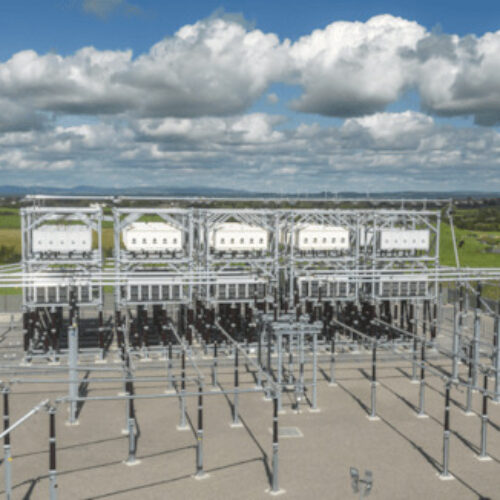The Energy Networks Association (ENA) has implored energy sector stakeholders to engage and collaborate with network companies in order to boost innovation.
Last week the ENA launched its draft innovation strategy in a bid to unlock billions of pounds worth of potential benefits for the UK’s energy system.
And speaking to Clean Energy News, the association’s head of innovation Randolph Brazier said that wider collaboration between network companies and third parties from across the energy space was pivotal to them realising those benefits.
“We want to see what industries can do to help us solve these issues because we’re coming from [the] viewpoint of the best way to reduce these costs and ease this transition is to actually be a neutral platform for these technologies to connect and help solve some of these issues,” he said.
The technologies in question are the likes of smart meters, battery storage and electric vehicles which Brazier said are expected to have a similar kind of exponential growth that solar and wind have previously enjoyed in the UK.
These not only stand to change the way in which energy is generated and consumed, but also in how consumers engage with the energy market.
Brazier said network operators are developing greater understanding of these technologies and their uses and, crucially, are seeing them as opportunities rather than as a burden or a source of significant demand.
“What these technologies can do, and obviously storage speaks for itself, but with respects to EVs and V2G, because of their bidirectional capabilities they can release more capacity onto the network. They can release capacity for more distributed generation, the decarbonisation of heat and all those sorts of things,” he said.
DNOs and other energy companies have of course collaborated on innovation projects before. Brazier pointed to Scottish & Southern Energy Networks’ NINES project, which utilised smart grid technologies to treble renewable generation on the Shetland Islands.
Additional projects of this kind are now coming forward and Brazier said network operators, having perhaps not collaborated enough in the past, are now extremely keen to club together on strategic issues such as the roll-out of EVs.
Third parties are being encouraged to respond to the consultation and also actively engage with network operators.
The ENA is also hosting a series of workshops across the country this week as well as the Low Carbon Networks Innovation (LCNI) conference early next month, where stakeholders will have the opportunity to communicate with network companies directly.
David Smith, chief executive at the ENA, said there is a “huge opportunity” for stakeholders to play a role in shaping the future energy networks of the UK.
“Distribution System Operators will lie at the heart of a more decentralised, smarter energy system and these events are a vital opportunity for customers and other stakeholders to have their say on how they would like to see the transition develop,” he said.





